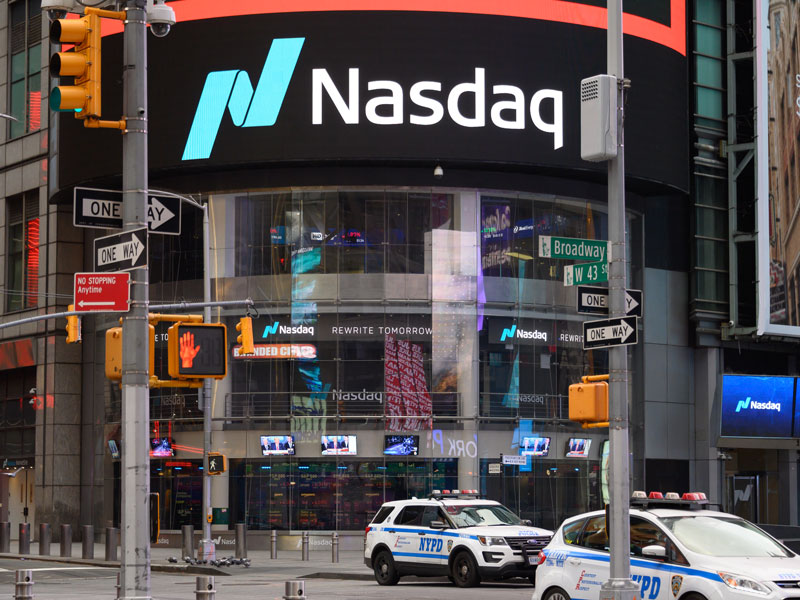
Investment banks have seen record trading volumes in the first quarter of the calendar year, particularly in rates, equities and currencies, as the COVID-19 crisis continues to stoke market turmoil. Analysts told the Financial Times that market revenues could increase by as much as 30 percent due to volatility.
The past few weeks have reportedly been the busiest traders have seen since the 2008 financial crisis. According to data from trade organisation SIFMA, an average of 9.3 billion shares were exchanged on US stock markets in February – the highest level of activity since December 2018 – while trading venues such as CME Group and Intercontinental Exchange reported record one-day volumes.
Market turmoil often leads to sudden shifts in asset prices, which helps traders to drive profit
Market turmoil often leads to sudden shifts in asset prices, which helps traders to drive profit. But the gains made by investment banks are likely to be short lived.
Currently, banks are bracing for a gruelling year. The freeze in global merger and acquisition activity could put a serious dent in revenues. As a result, Citigroup analysts said in a note to clients on March 23 that they expect major investment banks to report lower revenues this year. To make matters worse, working from home could present a problem for investment banks’ traders, who need to sit together on a monitored trading floor in order to meet regulatory rules.
More broadly, financial markets continue to suffer. Late in February, the S&P 500 Index fell 11 percent in just five days and the Dow Jones Industrial Average dipped to its lowest point since June 2019. Heightened market volatility highlights the significant uncertainty around how much damage COVID-19 will cause and how long its impact will endure. The best-case projections of large investment banks all depend on the virus’ early containment.


